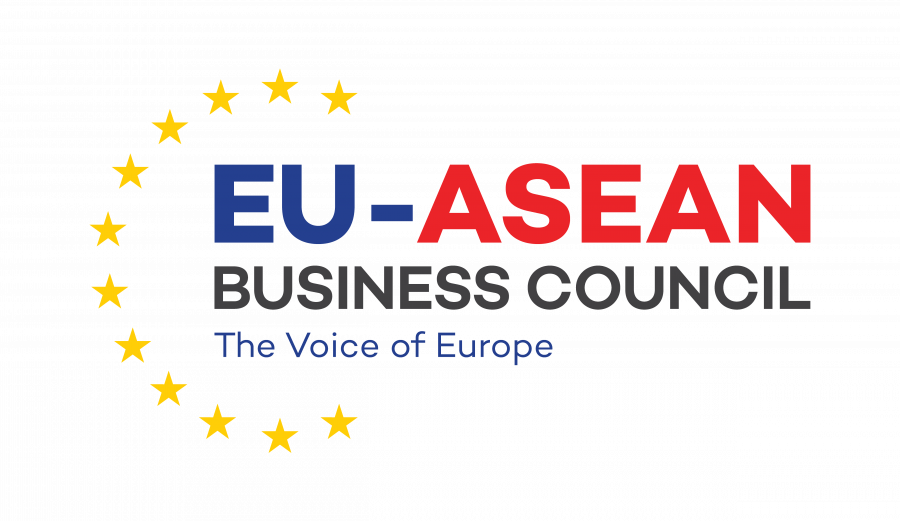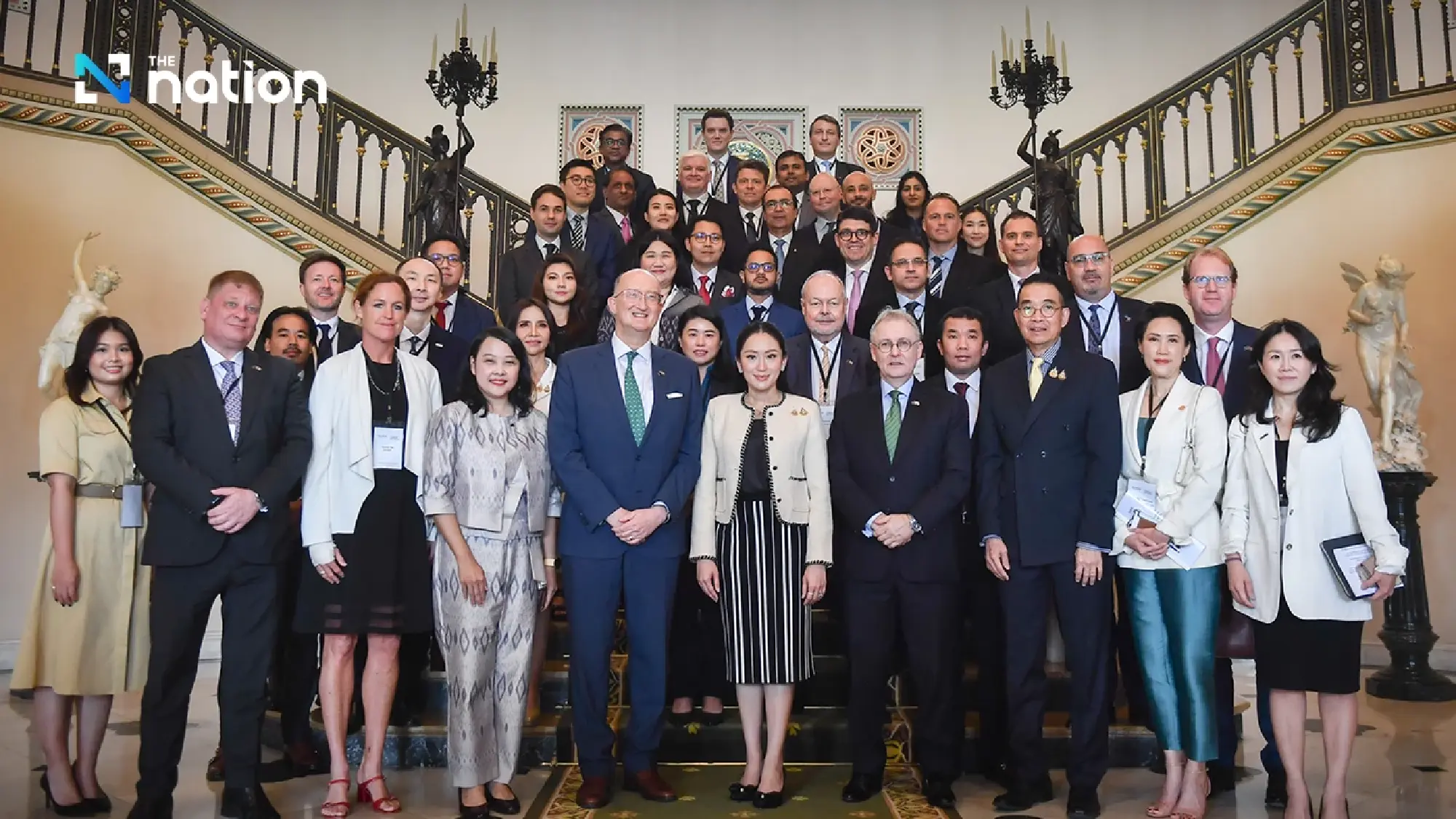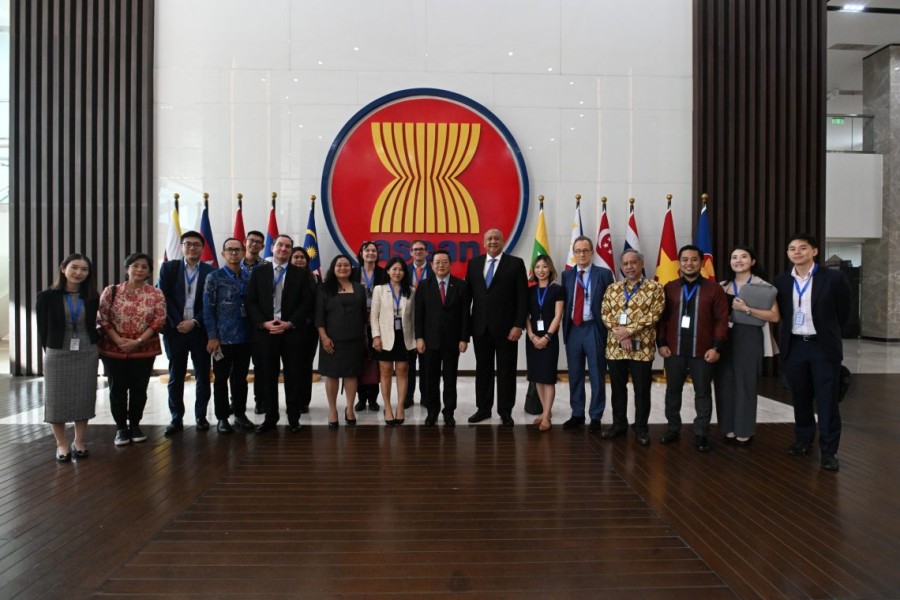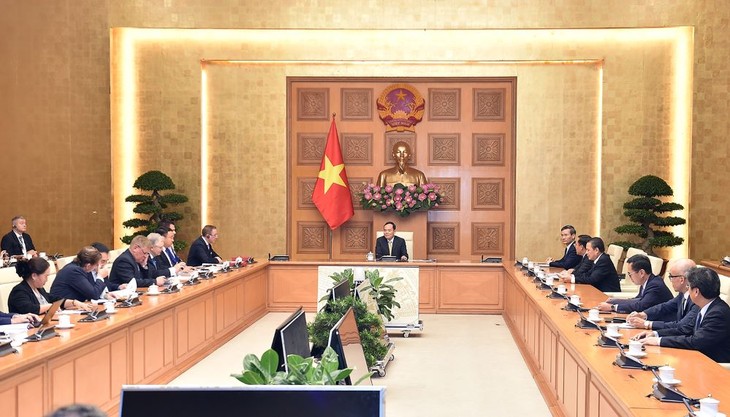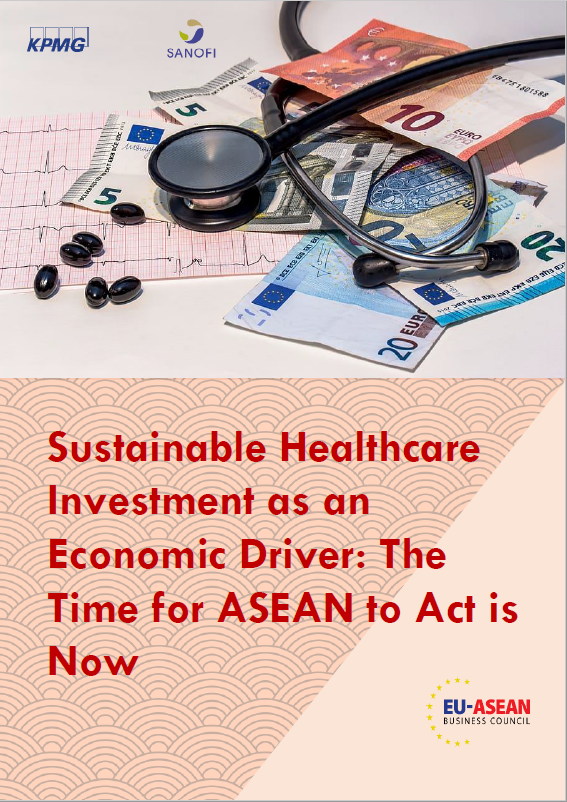
As part of the “Driving comprehensive healthcare in ASEAN” initiative, EU-ASEAN Business Council, KPMG in Singapore and SANOFI, joined hands to launch the first sub-paper on sustainable financing for healthcare in ASEAN, today. The launch event was graced by eminent speakers and leaders from the Healthcare and Finance industry.
With the ASEAN region facing unprecedented pressure on the financing of its healthcare systems, expenditures are poised to rise further due to population ageing, the advent of both communicable and non-communicable diseases, and the commitment to achieve UHC by 2030. This sub-paper advocates the principles discussed in the position paper published in 2019 by the Healthcare committee members of the EU-ASEAN Business Council and brings a timely focus on creating a sustainable financing framework for the ASEAN healthcare fraternity.
“The EU-ASEAN Business Council represents a multi-sectoral consortium of European businesses and 9 European Chambers of Commerce in Southeast Asia, with the Healthcare Advocacy Group being a key focus,” said Chris Humphrey, Executive Director. “Since the release of our overarching 2019 set of advocacy topics for Healthcare, we are pleased to share our first deep dive report about sustainable financing of the provision of healthcare in ASEAN. This is an increasingly important topic, not just for those working in the healthcare sector, but for all citizens across ASEAN.”
Specifically, the sub-paper covers following key themes:
• Landscape of the unprecedented burden that ASEAN health systems face due to evolving demographics, including the whole system inefficiencies that fail to maximise existing healthcare budgets as well as the unsustainable financing base from which they are built
• Global solutions with ASEAN context that can help to resolve the healthcare system inefficiencies, such as ramping up prevention efforts, exploring the nextgen healthcare service delivery models, and overhauling purchasing techniques so as to properly recognise the value that innovation brings to the market
• Revisiting the core financing assumptions of ASEAN healthcare systems including composite tax + contribution revenue schemes, the role of private insurance, more effective risk pooling, and emerging platforms like social impact bonds
According to KPMG in Singapore’s research, countries can achieve the same level of life expectancy at 30% of current healthcare expenditures. Of course, the ambition should be to turn healthcare cost into a smart investment that becomes an economic driver into the future. As per KPMG in Singapore’s health reform experience around the globe, every year of average life expectancy gained by a population can in turn contribute an additional 4% towards GDP.
“Keeping the end patients in mind, our utmost focus is to ensure that ASEAN countries are creating the right ecosystems now in order for everyone to have broad access to healthcare, including medical innovations that are coming,” said Franck Perraudin, Head of Sanofi Asia External Affairs and Head of Public Affairs. “There is a greater need to recognise public health as an economic investment and therefore to properly assess the value of innovation both in healthcare services as well as product delivery and how innovation can benefit a country’s wealth.”
The exclusive sub-paper is based on 30 expert interviews, insights with background research, and collaborative data points. The sub-paper proposes a sustainable wireframe for the healthcare ecosystem in ASEAN to adopt and integrate as part of their financial planning and costings for the future.
END.
View the full list of EU-ABC publications here.
